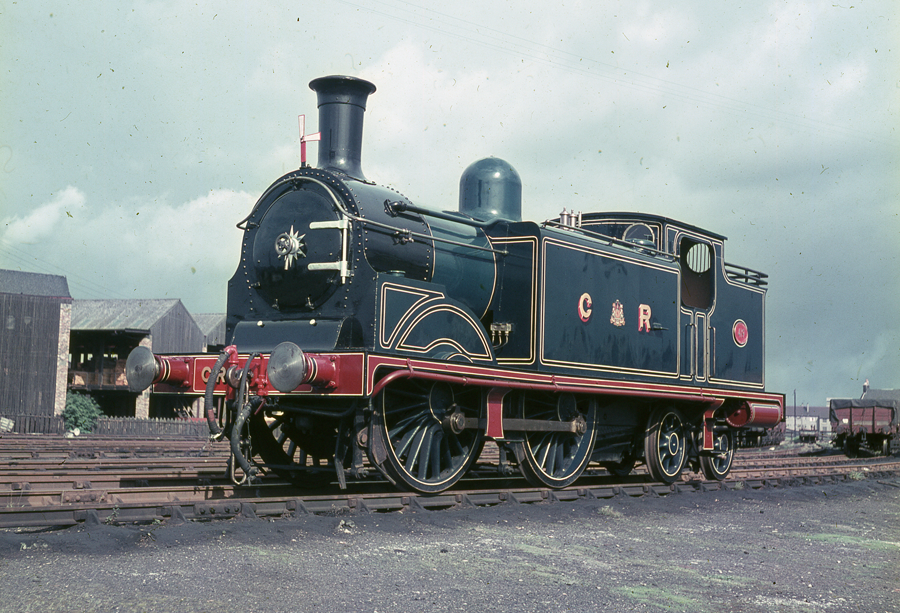The Role of Trains in Modern Transportation

Introduction
Trains have long been a crucial component of transportation infrastructure, facilitating the movement of millions across vast distances. As cities expand and environmental concerns intensify, the relevance of trains as a sustainable and efficient mode of travel is more significant than ever. In this article, we will explore recent developments in the train industry, highlighting their importance in the context of modern transport.
The Current Landscape of Train Travel
In recent years, global investments in rail infrastructure have surged. According to the International Union of Railways (UIC), over $200 billion is spent annually on railway systems worldwide, aimed at enhancing speed, safety, and service quality. From the expansion of high-speed rail networks in Asia to the rejuvenation of older lines in Europe and North America, trains are proving indispensable in shaping the future of public transport.
Environmental Impact and Sustainability
As climate change continues to be a pressing global issue, trains are increasingly viewed as an eco-friendly alternative to cars and airplanes. The UIC states that passenger trains emit, on average, less than 30 grams of CO2 per passenger-kilometre travelled, compared to over 150 grams for cars. Numerous countries are investing in electrical trains powered by renewable energy sources, enhancing their appeal as a green transportation option.
Innovations and Technological Advancements
Innovations in railway technology are transforming the train travel experience. For instance, the introduction of magnetic levitation (maglev) trains is pushing the boundaries of high-speed travel, with speeds exceeding 600 km/h in some regions. Furthermore, advancements in automation and smart ticketing systems are improving operational efficiency and customer satisfaction.
Recent Developments
This year, the UK’s railway system has seen significant upgrades, including the introduction of new Class 800 intercity trains and advancements in electrification projects aimed at reducing carbon footprints. Additionally, the ongoing discussions about investment in rail infrastructure across the European Union indicate a strong commitment to enhancing cross-border train services, which could further integrate the region’s transportation networks.
Conclusion
In conclusion, trains serve as a critical component of modern transportation, offering numerous benefits ranging from environmental sustainability to technological advancements. As governments and private entities continue to invest in railway innovations, it is clear that trains will play an even more significant role in shaping the future of travel. The ongoing changes in the train industry signal a promising shift towards a more connected and sustainable world, making them worthy of attention and support from all sectors of society.









